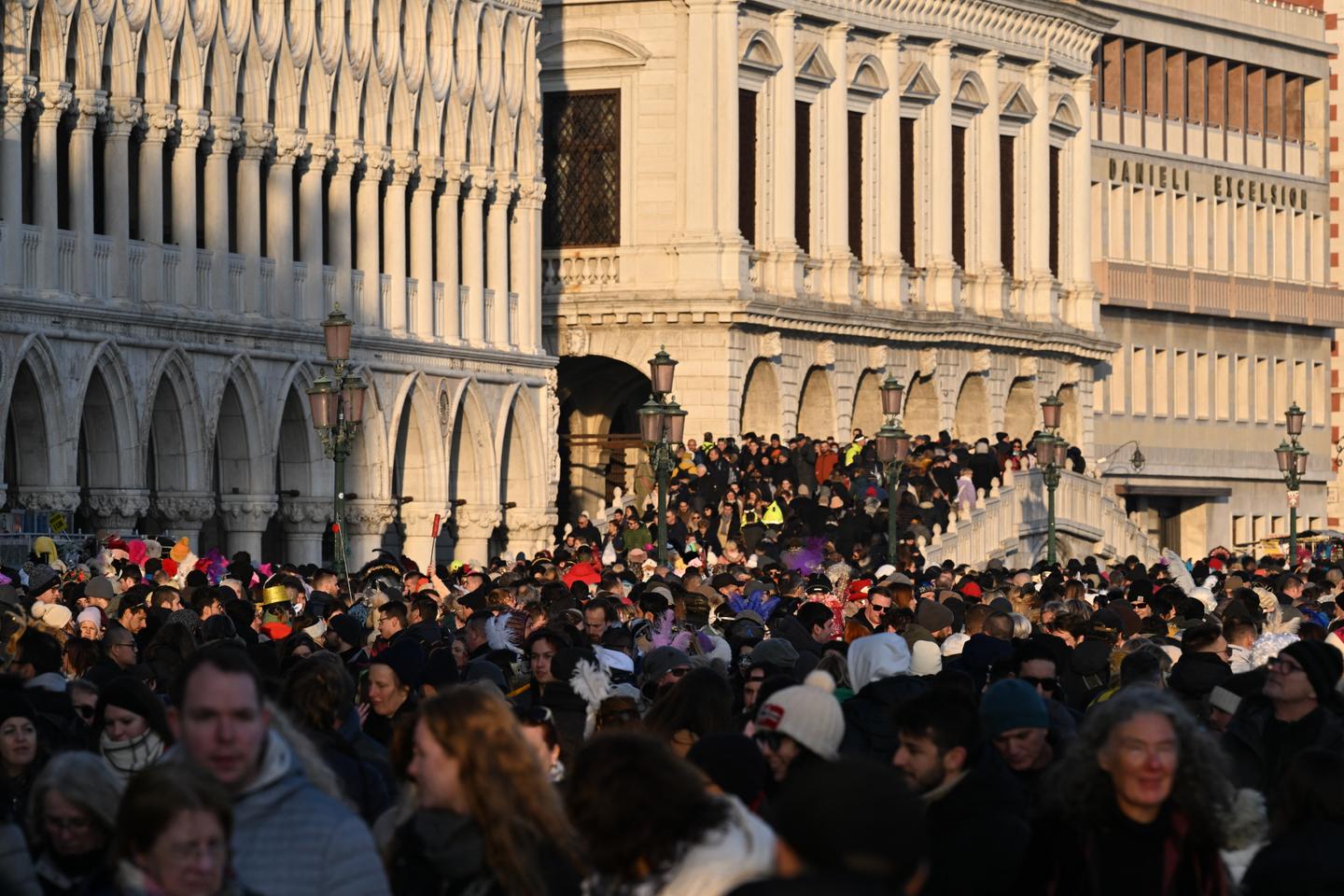


"Horde," "herd," "swarm of locusts" ... Dams can also be broken when it comes to describing tourist activity that has suddenly gone overboard. It is no longer possible to talk about the tourist economy without referring to overtourism.
The recent advent of the concept of overtourism is merely a contemporary form of tourismophobia, which consists of highlighting the few friction points generated by poorly managed flows, thereby minimizing, de facto, the carbon footprint of those who travel to the other side of the world. The sleight of hand has been done by turning the spotlight on the masses.
We'd point the finger at the family who spent a fortnight a year at the seaside while congratulating the adventurers who returned from their ecolodge in Costa Rica. We'd denounce those who don't have a choice of vacations because their company closes in August, while applauding those who had the intelligence to avoid crowding the resorts on the Languedoc coast by going to Bali in winter.
The bad tourist, the tourist too many, therefore becomes the proletarian who clogs up the freeways every Saturday in summer, the one who, at the first ray of spring sunshine, decides to show his children around Mont-Saint-Michel. As a form of class contempt, nothing could be worse.
So, yes, there are issues of over visiting in certain cities and very touristy sites, which are above all problems of oversupply that cities are beginning to regulate. The success of the Airbnb platform has greatly contributed to creating an imbalance in the tourism market in cities, while at the same time helping to boost visitor numbers in rural areas.
Political irresponsibility
And what can we say about the low-cost airline offer, whose growth is continuous and even subsidized? Palma de Mallorca has 100,000 flights a year, according to flight claims provider Flightright and an average of 400 flights a day in summer. Can we really speak of overtourism, or should we speak of total political irresponsibility, which has led to too many imbalances between the visitor and the visited, by imposing no limits on air traffic?
It's an easy step to make the connection between overtourism and mass tourism, on the pretext that tourists spend their vacations in the same places at the same time. In August, Argelès-sur-Mer (Pyrénées-Orientales) welcomes almost 100,000 people a week, but that's the resort's capacity: There's no reason to point to this seaside tourism as a form of tourism we no longer want, without proposing the slightest credible alternative.
You have 52.72% of this article left to read. The rest is for subscribers only.
